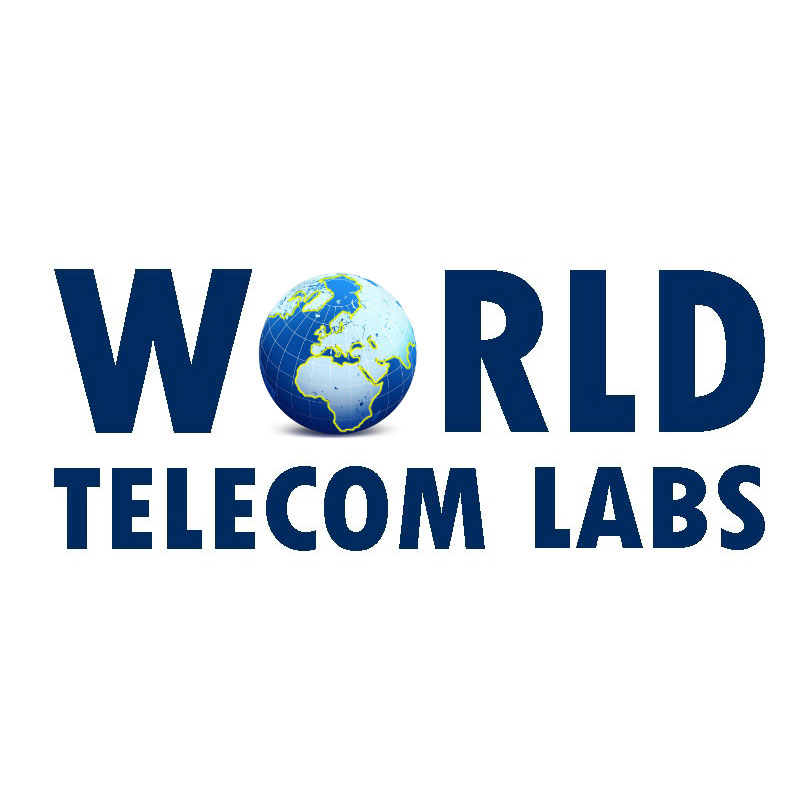 Vodafone on Wednesday reorganised the ownership structure of its African operations with a multi-billion-dollar deal.
Vodafone on Wednesday reorganised the ownership structure of its African operations with a multi-billion-dollar deal.
Its South African unit, Vodacom, has agreed to acquire a 55 percent stake in Vodafone Egypt. It will fund the ZAR41 billion ($2.71 billion) deal with ZAR8.2 billion in cash and by issuing 242 million new shares priced at ZAR135.75 each. The deal will increase Vodafone’s stake in Vodacom to 65.1 percent from 60.5 percent.
Vodafone said in a regulatory filing that the reorganisation will simplify the management of its African holdings. It also said that it diversifies Vodacom’s portfolio, giving it exposure to an exciting growth market; meanwhile, Vodafone Egypt will be able to accelerate its growth in the financial services and IoT markets thanks to closer ties to Vodacom.
“Vodafone Egypt is ideally positioned to capture growth in a burgeoning ICT market, which means the proposed acquisition provides our shareholders with an exciting revenue and profitability diversification opportunity and the potential to accelerate the group’s medium-term operating profit growth potential into double digits,” said Vodacom CEO Shameel Joosub, in a statement.
According to Vodacom, Vodafone Egypt currently as 43 million consumer and enterprise customers, and a revenue market share of 43 percent. Its Vodafone Cash service is also the clear leader in the mobile-wallet market, capturing a 90 percent share of transactions as of August, according to Egypt’s telco regulator.
Joosub also pointed out that the acquisition increases Vodacom’s population coverage to more than half a billion people, and more than 40 percent of Africa’s GDP. “We intend to provide an update on our medium-term targets at our full year results, which will be reported in May 2022,” he said.
The deal marks a considerable change of direction for Vodafone. Last year it was on the cusp of selling Vodafone Egypt to Saudi Telecom Company (STC), in line with group CEO Nick Read’s portfolio optimisation strategy. Vodafone decreed in early 2020 that Egypt was no longer a good fit for the business, and so it struck a $2.4 billion deal to sell its 55 percent stake to STC.
The pandemic delayed the due diligence process by a few months but even so, Vodafone insisted in September last year that the sale was still on. Then in December, with very little fanfare and not much explanation, Vodafone abruptly announced the deal was off. With Wednesday’s deal to fold its 55 percent Vodafone Egypt stake into Vodacom, the assets will become assimilated more closely at group level, and therefore potentially harder to hive off and sell in future.
Meanwhile in a separate announcement, Vodacom also agreed to contribute its fibre assets into a new joint venture with Community Investment Ventures Holdings (CIVH). CIVH owns and operates telco networks via its wholesale FTTP unit Vumatel, and its metro dark fibre subsidiary, Dark Fibre Africa (DFA). Vumatel’s network passes 1.2 million homes in South Africa, while DFA boast 13,000 km of metro dark fibre.
Under the deal, which is subject to regulatory approval, these assets will be combined with Vodacom’s business and consumer FTTP networks, and its B2B fibre transmission network to form a new entity called InfraCo. Those Vodacom assets, valued at ZAR4.2 billion ($278 million), together with a ZAR6 billion cash payment, will give the operator a 30 percent equity stake in InfraCo, with CIVH holding the remaining 70 percent. The agreement also gives Vodacom the option to increase its holding by 10 percent.
The result is that Vodacom and CIVH will each benefit from a larger fibre footprint and extra financial clout to invest in expanding coverage and capacity.
“Our agreement with CIVH aligns with Vodacom Group’s strategy to build high quality and resilient fixed and mobile networks with and through selected strategic partnerships across the African continent. It also supports Vodacom’s purpose-driven plan to assist the government in rebuilding the economy post-Covid,” said Joosub, in a separate statement.
The deal needs to be waved through by the competition authorities and the Independent Communications Authority of South Africa. In the meantime we’ll keep an eye out for rivals Telkom and MTN’s reaction to the idea that Vodacom’s share of the fibre market could soon get considerably larger.
Tags: Egypt, M&A, South Africa, Vodacom, vodafone









